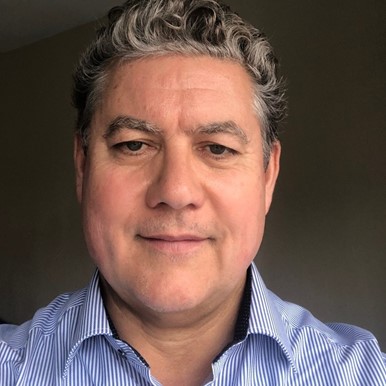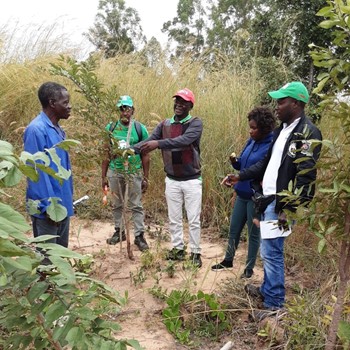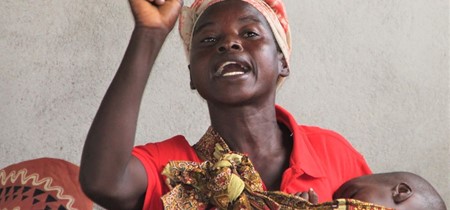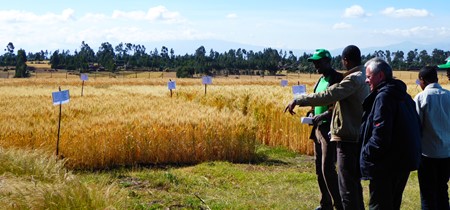A win-win situation for smallholder farmers and the private sector
Once farmers invest more in their agricultural production, they are able to increase yields to levels that make it profitable both for them and the companies providing the training. Economies of scale also begin to come into play as companies work with an increasingly large network of successful farmers. The initial investment may be high, but the returns over time are also expected to be high and become much more sustainable.
So adopting the KnM approach is a mutually beneficial strategy for farmers and private sector companies alike.
Companies that provide training have a vested interest in the success of farmers in their network as it secures both agricultural input and output markets. As companies gain experience with the KnM approach and build their farmer networks, training also becomes more cost-effective, which allows them to reduce transaction costs and further increase the scale at which they can operate.
In turn, farmers gain a stronger hold over their livelihood. Increased yields mean that not only are they able to put food on their table, they are also able to produce enough to make a profit. Being part of a farm extension service company’s network also ensures a more secure market for their produce, and thus a more secure source of income than other farmers may have access to.
All in all, KnM is a programme that is set to develop agriculture in Mozambique in a way that is sustainable and self-sufficient, enriching both the private sector and smallholder farmers.








